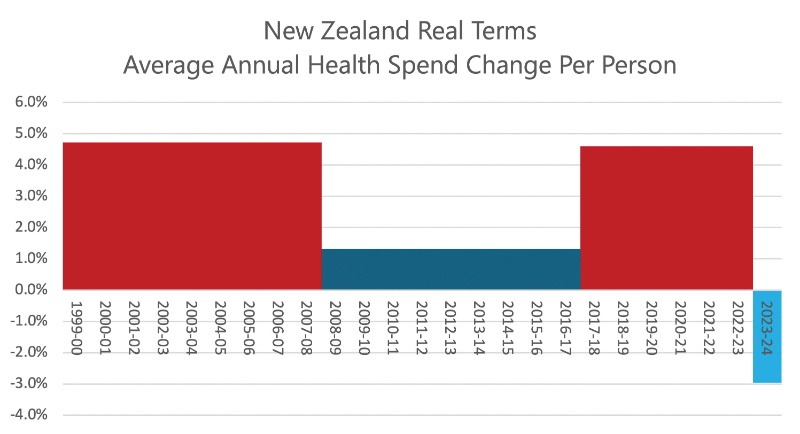Auckland Couple Sentenced For Repeated Tax Evasion
A South Auckland husband and wife, who a judge says used a repeat pattern of tax evasion and used their children as puppets in their ongoing businesses, have been sentenced to prison and home detention respectively.
Tamanini Muaiava and his wife Uputaua Muaiava were sentenced in the Papakura District Court this week on 65 charges each of evading or attempting to evade the assessment or payment of goods and services tax, and PAYE.
Tamanini Muaiava was sentenced to 21 months imprisonment and Uputaua Muaiava was sentenced to nine months home detention.
Inland Revenue spokesperson Tony Morris says Tamanini Muaiava has previous tax convictions and says someone who persistently evades their tax obligations in the way Mr Muaiava did, deserves to be held to account.
“Tamanini and Uputaua Muaiava jointly operated businesses supplying labour to agricultural growers in South Auckland. When they were confronted about one company’s failure to pay tax, that company would be wound up and a new company incorporated to continue their trading.
“On at least three separate occasions they used one of their children as sole director and shareholder in a company. The sentencing judge noted the children were “enlisted as mere puppets for the ongoing business”.
“The judge noted that English is a second language for Mr Muaiava but rejected any claim of misunderstanding about his tax obligations. He said while Muaiava’s ‘cultural’ obligation to ensure harvesters were paid may provide the context of his offending, it doesn’t excuse it.”
The various companies kept few records and traded mostly in cash for both income and expenditure and IR has had to reconstruct income from invoice records. The total tax evaded by the Muaiava’s is estimated at $431,644.66.
Tony Morris says the offending is straight theft from the community and a gross abuse of trust.
“The offending not only involved the deliberate failure to file GST and PAYE returns, but also the careful use of new companies to continue trading in the same business, with the same primary customers and in the same way.
“It’s why the judge found their offending was premediated, repetitive and deliberate. While the couple are of modest means and have few assets or exhibit a lavish lifestyle their family accepted considerable income from this tax fraud”, Mr Morris says.
In his judgement, Judge Winter accepted that Tamanini Muaiava felt pressure to pay his workers and may have tried to help them on occasions by giving them extra money for their special needs, such as family funerals. However, he didn’t accept that either he or his family made no financial gain from his tax evasion.
Judge Winter says there is a clear connection between Tamanini Muaiava’s personal, family, community and Samoan cultural background that explains but cannot excuse his offending. He also accepted the couples now deep sense of shame (Maasiasi) and profound remorse.


 Gordon Campbell: On The Americanising Of NZ’s Public Health System
Gordon Campbell: On The Americanising Of NZ’s Public Health System PSA: 1000 Days Since Landmark Pay Equity Deal Expired - Workers Losing $145 A Week
PSA: 1000 Days Since Landmark Pay Equity Deal Expired - Workers Losing $145 A Week Grace Tinetali-Fiavaai, RNZ: Widow Of Fa'anānā Efeso Collins Seeks Inquiry Into His Death - 'Unanswered Questions'
Grace Tinetali-Fiavaai, RNZ: Widow Of Fa'anānā Efeso Collins Seeks Inquiry Into His Death - 'Unanswered Questions' Te Pāti Māori: Te Pāti Māori Call For Mandatory Police Body Cameras
Te Pāti Māori: Te Pāti Māori Call For Mandatory Police Body Cameras NZ First Party: NZ First Introduces the “Conscience Acts Referendums Bill”
NZ First Party: NZ First Introduces the “Conscience Acts Referendums Bill” NZ Government: Unlocking Data To Increase Competition And Choice
NZ Government: Unlocking Data To Increase Competition And Choice Lawyers for Climate Action: National MP’s Bill Raises Environmental And Constitutional Concerns
Lawyers for Climate Action: National MP’s Bill Raises Environmental And Constitutional Concerns


